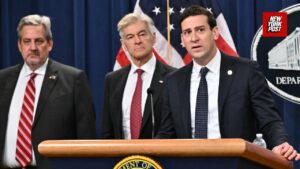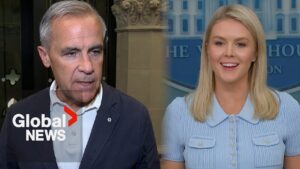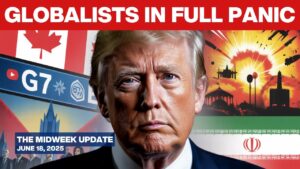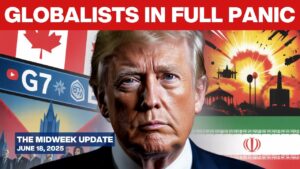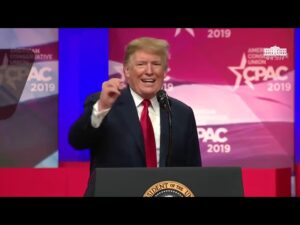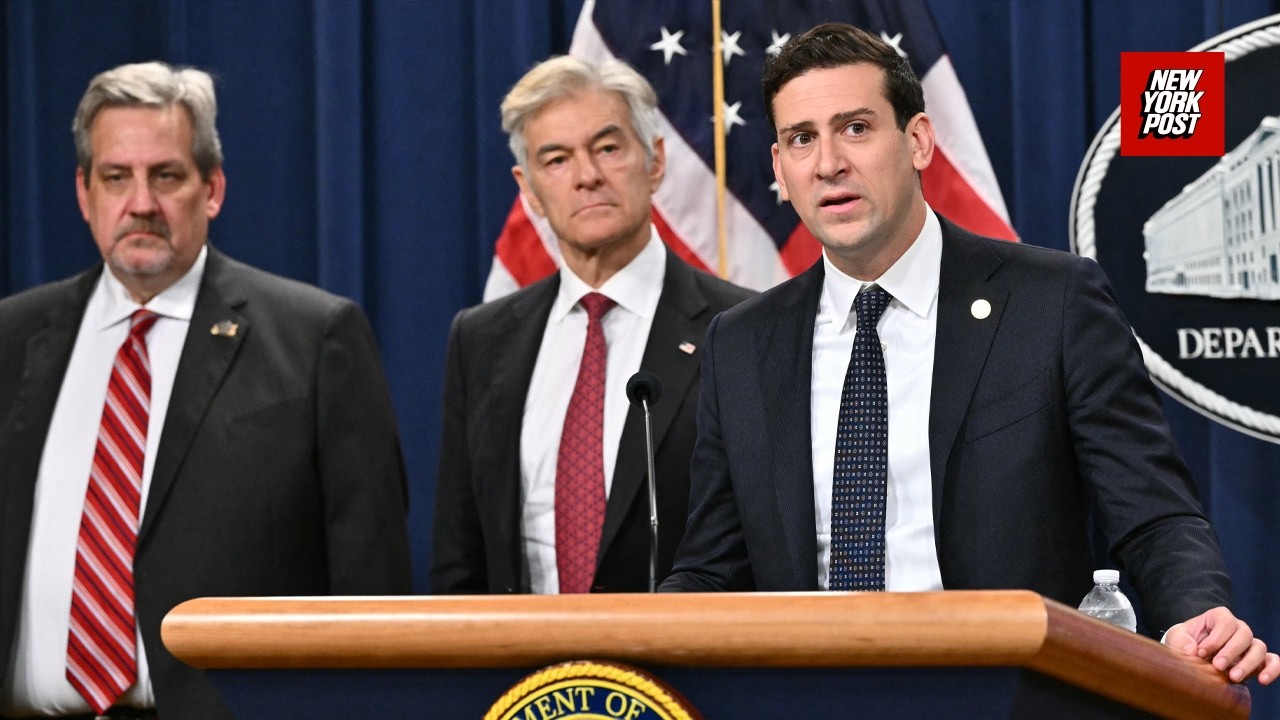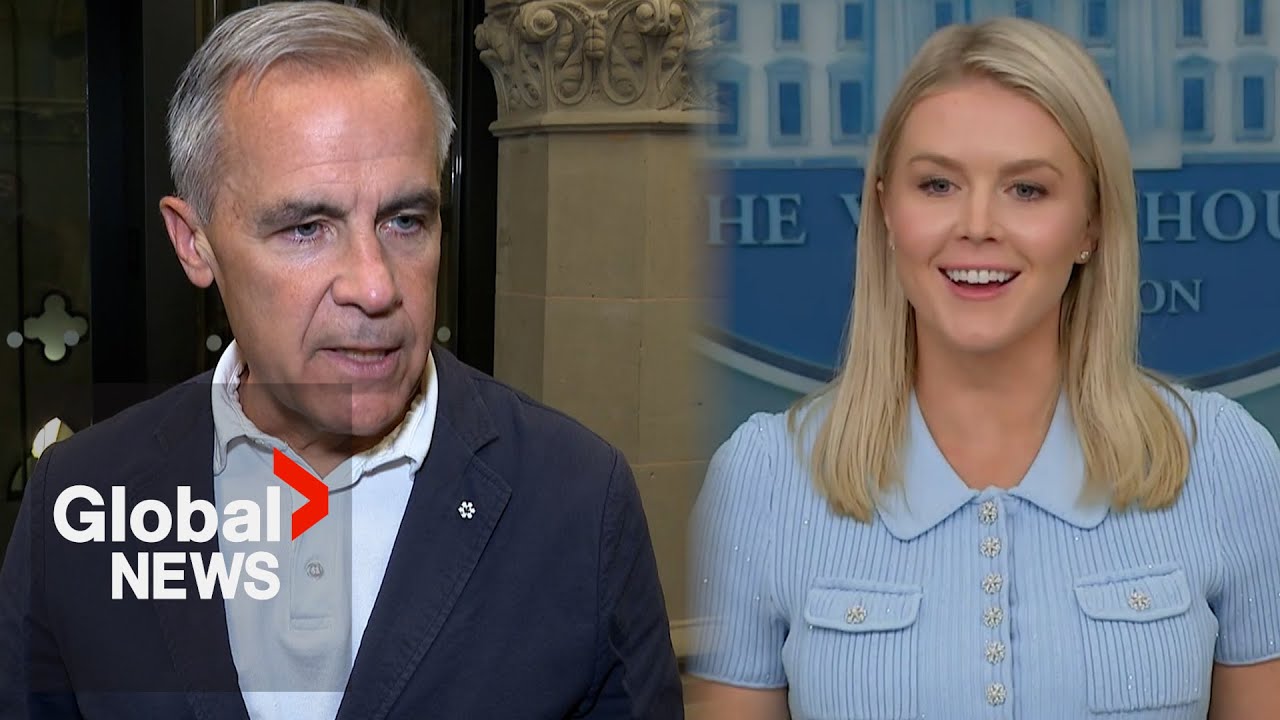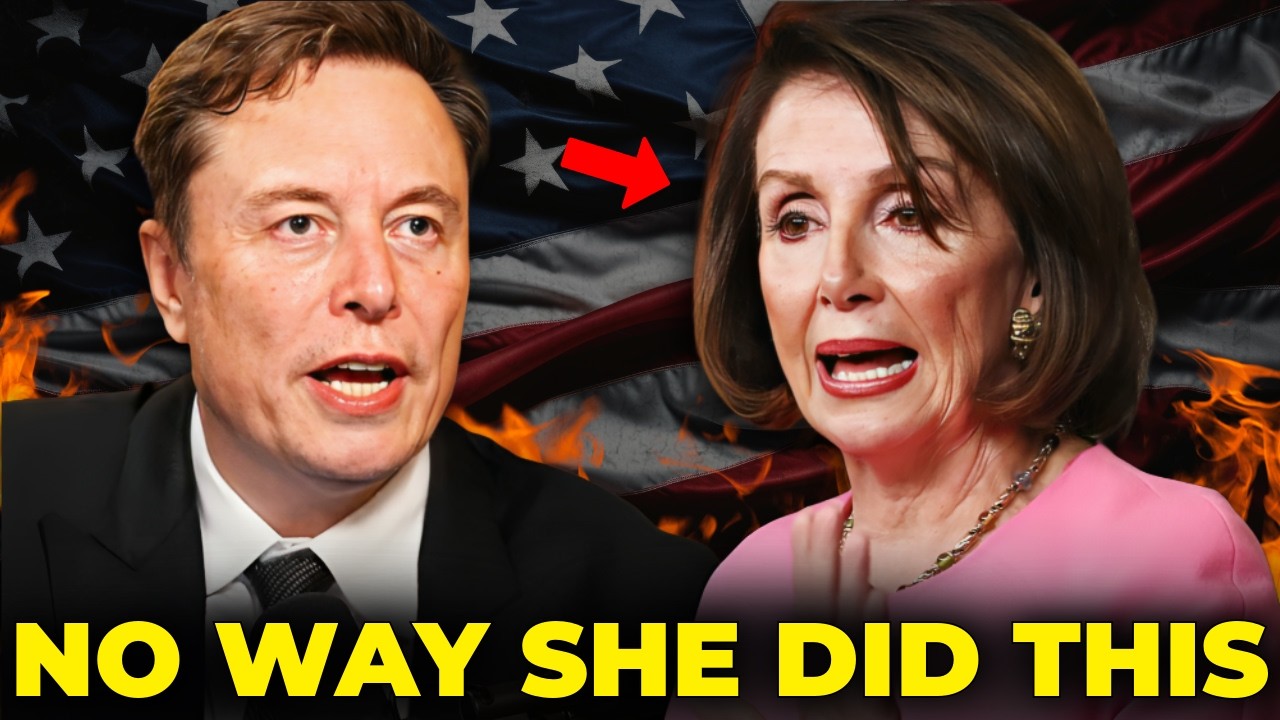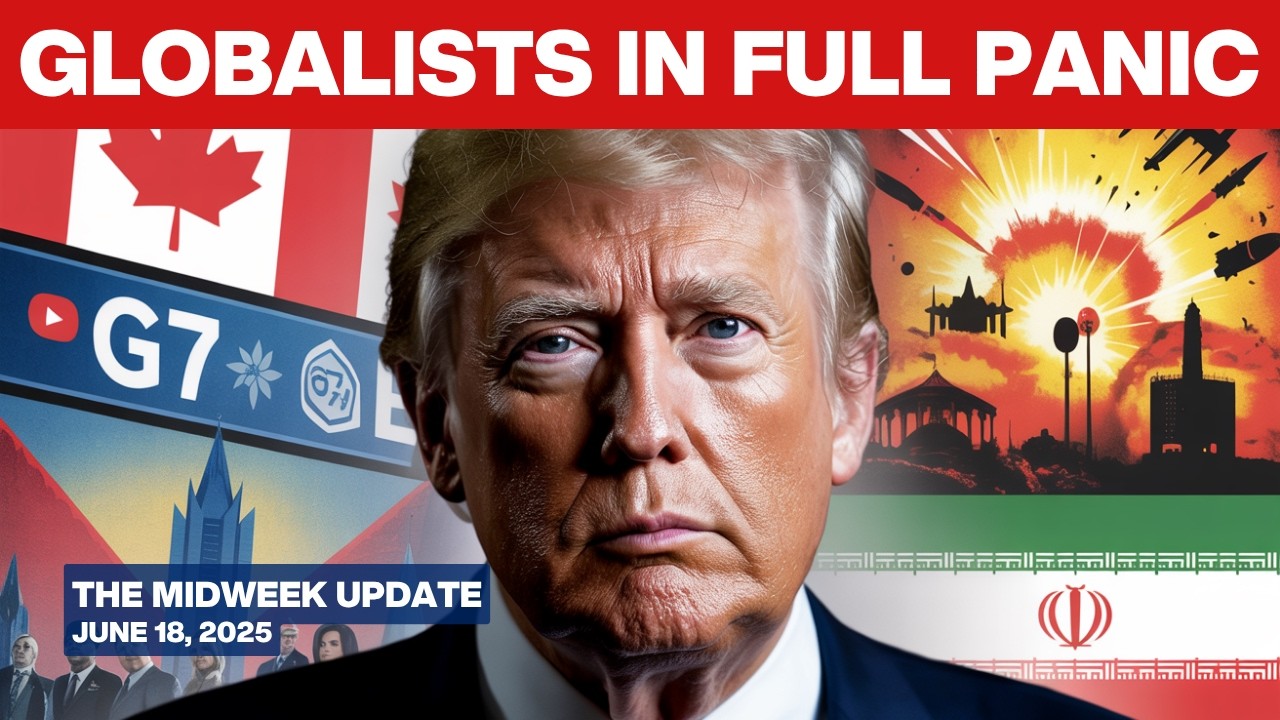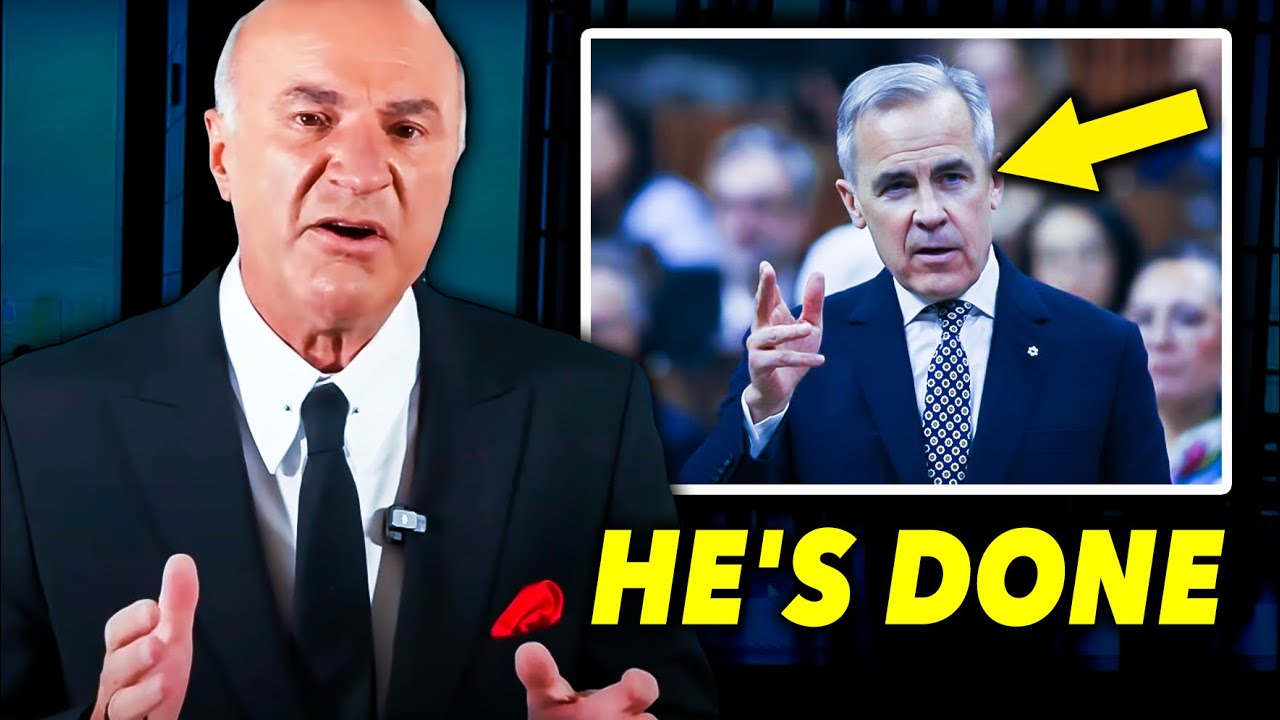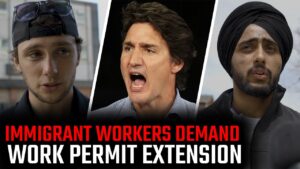The Liberal Party will elect its new leader in the coming months with rules that were, according to publicly released intelligence, exploited by Beijing in the past to support a favoured candidate in a riding nomination contest.
The leadership race should kick-off in the coming days, after Prime Minister Justin Trudeau announced on Jan. 6 he intends to step down once the Liberal Party elects a new leader.
The absence of a residency requirement means foreign students and temporary workers can help choose who is the next party leader. Individuals who have overstayed their visas can theoretically also be registered Liberals and vote.
“Registration in the Liberal Party of Canada is open without discrimination based on race, national or ethnic origin, colour, religion, sex, sexual orientation, age or physical disability,” the party bylaws say.
‘Vulnerability’
This issue of allowing foreign nationals to vote in Canadian democratic processes has been heavily scrutinized in recent months by the Foreign Interference Commission, particularly the 2019 Liberal nomination contest in the Don Valley North (DVN) riding of Toronto.
Dong, who resigned from the Liberal caucus to sit as an Independent in March 2023 amid interference allegations, has denied knowing PRC officials were supporting him.
Hogue wrote in her interim report the DVN “incident makes clear the extent to which nomination contests can be gateways for foreign states who wish to interfere in our democratic process.”
The commission is expected to release its final report by the end of January, which is likely to contain recommendations about strengthening party races.
He however expressed “full confidence in the Liberal Party and the rules in place regarding nomination contests.”
Government security bodies have also flagged nomination races as a foreign interference vulnerability.
“If you were to extract that rule to its extreme, you would need people to show up with either their birth certificate or their passport to vote in nomination meetings. So, frankly, it’s not practical,” he said.
The Epoch Times reached out to the Liberal Party for comment but didn’t hear back.

